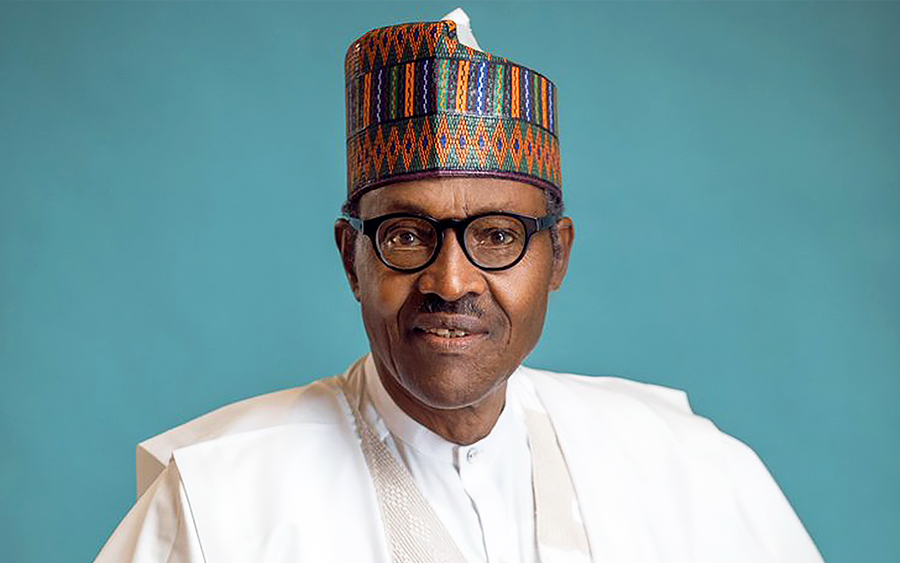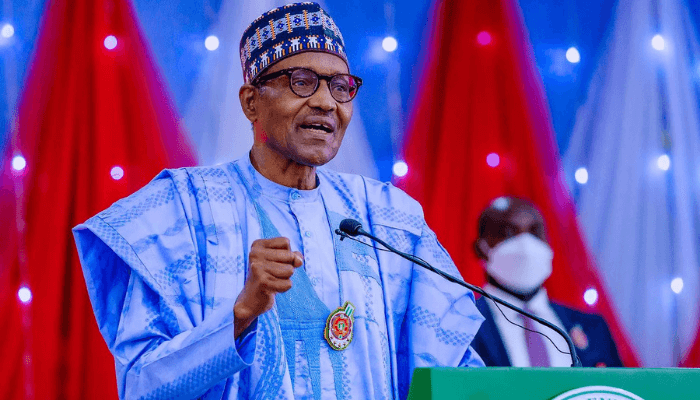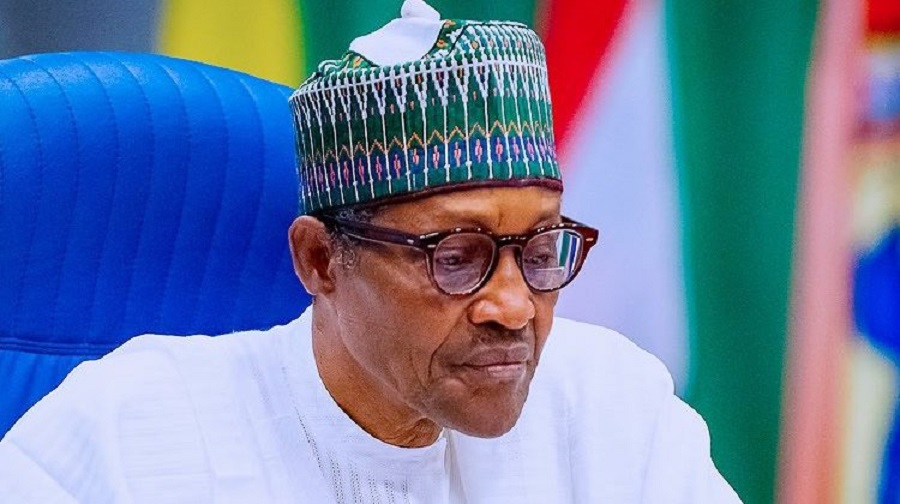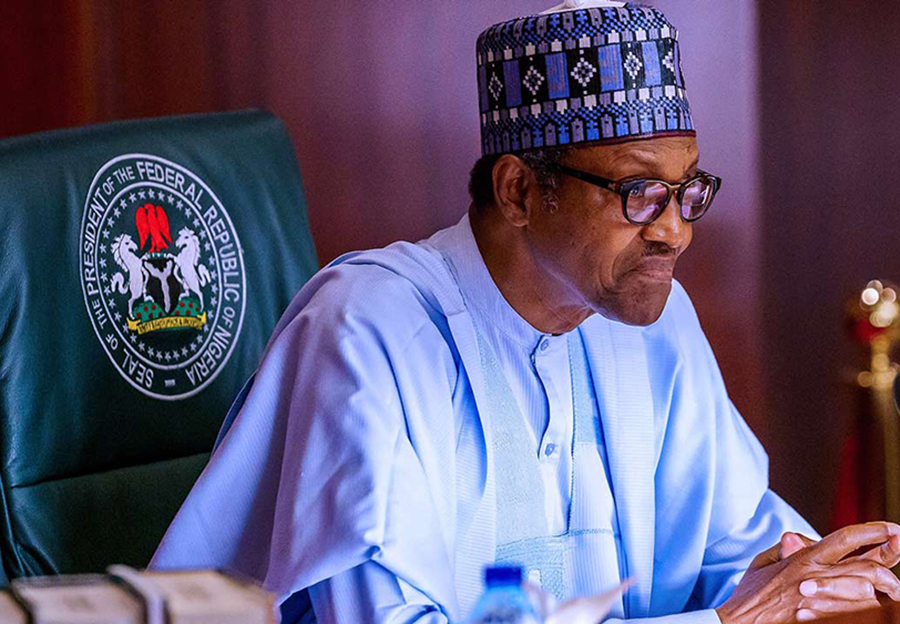As part of the government’s efforts to achieve food security in the country, President Muhammadu Buhari has directed the Ministry of Industry, Trade and Investment to establish agro-allied industry in all 36 states of the federation.
This was disclosed by the Minister of State for Industry, Trade and Investment, Mariam Katagum during a meeting with a delegation from the Amana Farmers and Grains Suppliers Association of Nigeria.

Katagum said the government gave this directive in a bid to stimulate economic activities and boost the development of the cotton, textile, and garment sectors of the economy.
“Government is very much interested in growing the economy, looking at other areas like cotton, textile, garment, grains, tomatoes, we need to add value. Mr. President has directed that in every senatorial district, we should establish an Agro-allied industry and we know some industries exist but you can assist us in identifying the agro-allied industries that will be suited for you,” the minister said.
Why this matters: There have been numerous challenges facing the textile industry in Nigeria over the years, this is evident in the number of textile firms that have shut down, leaving over two million people jobless.
[READ MORE: President Buhari not to blame for increase in debt – DMO DG)
Some of the challenges the farmers and processors in the sector have had to deal with include low-quality seeds, rising operating costs and weak sales due to the high energy cost of running factories, smuggling of textile goods, and poor access to finance.
This is one of the reasons the Central Bank of Nigeria (CBN) championed the textile revival cause. According to the CBN Governor, Godwin Emefiele, smuggling of textile goods alone was estimated to have cost the nation an import bill of over $4 billion.

Recall that Emefiele said that although the country’s textile industry was capable of transforming the economy by reviving the cotton and garment sector, thereby improving Internally Generated Revenue (IGR) across the three tiers of government, it was not living up to expectation.
According to him, in the 1980s and 1990s, Nigeria was recognised as Africa’s largest textile industry with over 180 textile mills in operations, employing close to over 450,000 people, and contributing over 25% of the workforce in the manufacturing sector. However, this is not so anymore.















.gif)






